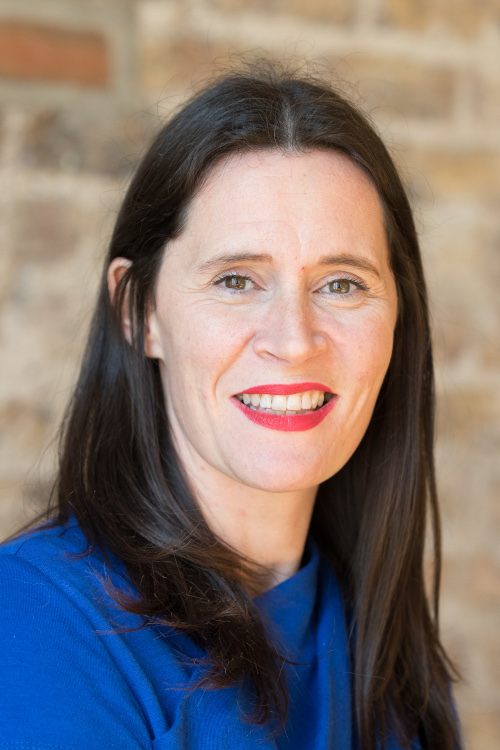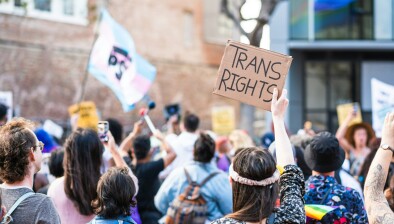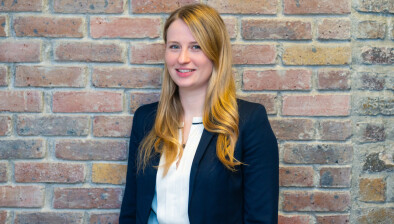New poll shows wide support in Ireland for human rights

Sinéad Gibney
The overwhelmingly majority of people in Ireland believe that human rights are important for creating a fairer society, according to new research published by the Irish Human Rights and Equality Commission.
The rights watchdog has published the findings of a new national Amárach poll to mark International Human Rights Day, which commemorates the anniversary of the UN’s adoption of the Universal Declaration of Human Rights.
Chief commissioner Sinéad Gibney said: “This year has been one like no other. Covid has presented challenges for the protection of human rights, both in its threat to life and health, and in actions taken by the State in its response and recovery plans.
“Certain groups in society have felt a disproportionate impact including older people, people with disabilities, minority ethnic groups and women. What’s now important is that we look at Ireland post-Covid through a prism of human rights and equality to ensure we recover better.”
As well as finding that 95 per cent of people in Ireland believe that human rights are important for creating a fairer society, the survey highlights views on particular rights issues.
Most (82 per cent) of people in Ireland consider housing to be a basic human right, the same figure as in a 2018 poll which asked the same question. Thirteen per cent are against.
Nearly two-thirds (64 per cent) believe that the right to housing should be enshrined in the Constitution, with 24 per cent against.
Most (79 per cent) support the inclusion of a new ground in Ireland’s equality law to protect people against discrimination due to their socio-economic status (such as their family background, home address or type of housing, educational background, economic situation). Nine per cent are against.
More than half of people (53 per cent) disagree with the view that everyone in Ireland enjoys the same basic human rights.
Most (60 per cent)say they know a ‘great deal’ or ‘fair deal’ about human rights with 33 per cent saying they know ‘not very much’ or ‘nothing’. An overwhelming majority (79 per cent) know of the European Convention on Human Rights, 59 per cent know of the Universal Declaration of Human Rights, and 34 per cent know of the Charter of Fundamental Rights of the EU.







